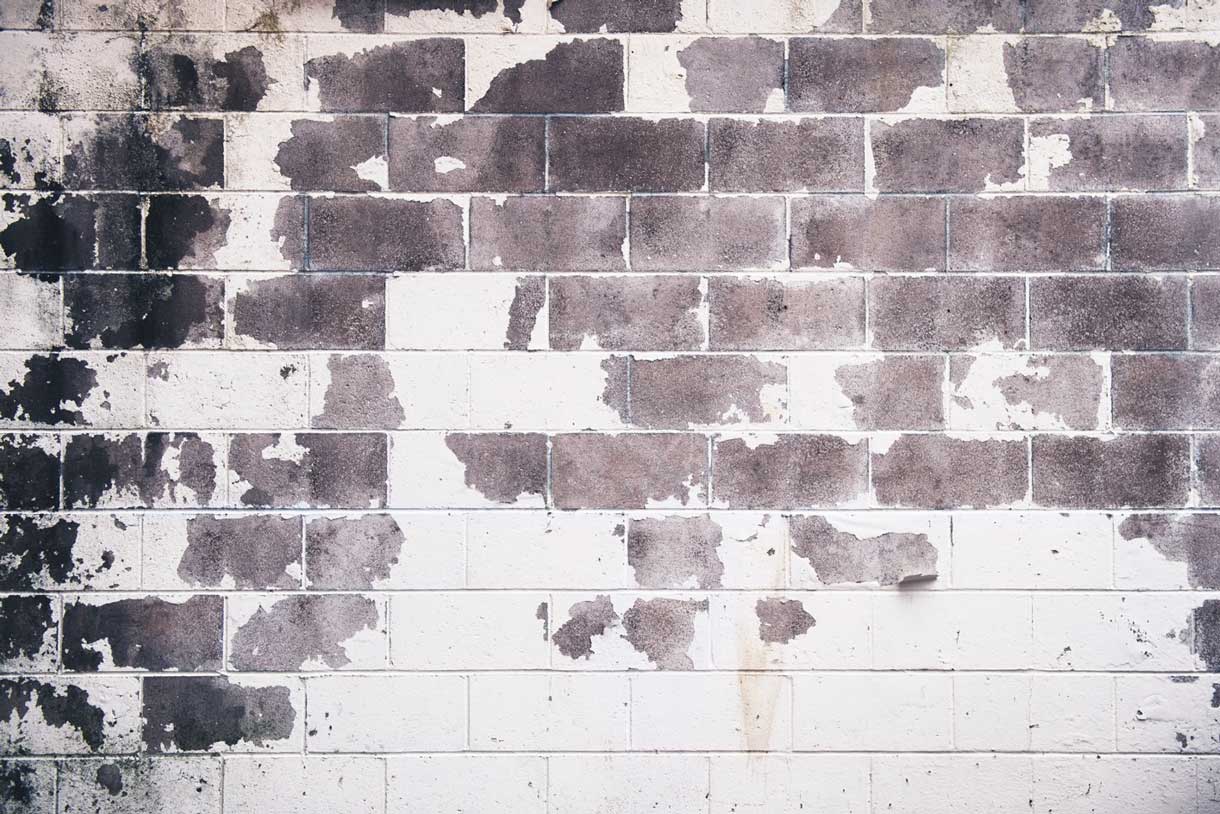What Is the Best Thing to Wash Walls With?

So what is the best thing to wash walls with? Your interior walls can become very dirty over time, and you will need to know how to clean them if you plan on preserving their overall quality and finish. To ensure you don’t ruin your walls’ appearance or finish during the cleaning process, you need to use a mild cleaning agent such as dish soap. By mixing about five drops of dish liquid into a bucket of water filled halfway, you can make a powerful cleaning agent that will remove dirt and debris from your walls with ease.
If you’re anything like me, chances are you become easily annoyed when walking through your home, and all of a sudden, you notice small dirt spots or stains on your wall. While you may want to take a bucket of bleach and water and start scrubbing away, it’s important that you don’t do that because depending on the type of paint on your walls and the material they’re made out of, it can ruin your interior finish. That shouldn’t make you lose hope, as there are several effective products you can buy to clean your walls safely.
There are several specialty products on the market designed for cleaning walls; you can also use some everyday household items to create a powerful wall washing solution. One thing to remember before cleaning your walls is that the type of paint you have on them will impact how well your solutions remove dirt and other debris from the surface.
As a general rule of thumb, whatever solution you use, high-gloss paints can withstand higher levels of water when cleaning without streaks being left behind or further aesthetic damage occurring. To find out how you can clean your walls safely and effectively, continue reading.
Best solutions to clean your walls with
One of the simplest and most effective low-cost wall washing solutions you can make right at home consists of nothing more than a little dishwashing liquid. Before you can clean your walls, however, you need to prepare them for the cleaning process to achieve optimal results.
To prepare your walls for cleaning, make sure that you remove any pieces of artwork that are hanging on your wall. Next, relocate any furniture that may be in the way to avoid any paint dirt getting on it during the cleaning process. Dust your walls using a soft cloth or some sort of duster fabric to remove any particles that may accumulate and affect your cleaning.
You can now start washing your walls by mixing a small amount of liquid dish detergent into a half-filled bucket of water. Take a small amount of your solution, damp it onto a clean towel, and gently pat an area on your wall with the cloth. This is what is known as “spot testing,” and it allows you to see how your existing paint will react to your cleaning solution.
If you don’t see any discoloration on your wall after spot testing, you can proceed to clean. Take another clean white towel or a sponge that doesn’t contain any dyes and dip it into your bucket of wall washing solution. Start at the top of your walls and work down until the entire area of free of dirt.
Preventing your walls from becoming dirty in the first
The best way to prevent your walls from becoming dirty or stained is by using a stain-resistant paint or moisture-resistant primer that will block out all forms of harmful bacteria and substances from becoming trapped in your paint or wall material.
You can also routinely clean your walls even when they aren’t filthy so that they will have a lower likelihood of attracting and trapping dirt in the first place.
People Also Ask
Q: What should I use to wash the walls?
A: The safest homemade solution you can make to clean your walls is about four drops of liquid dish detergent in a half-filled bucket of water. Alternatively, you can also use distilled white vinegar to wash your interior walls to a gallon of water.
Q: How do you clean walls without streaks?
A: To clean your walls without leaving a streak behind, you need to use a sponge that has been wrung out thoroughly. The type of paint on your walls will impact how much of a streak if any is left behind after cleaning is complete. High-gloss paints can withstand more water content; all other types of paints should be cleaned using as little water as possible.
Q: Will vinegar damaged painted walls?
A: No, vinegar is one of the safest solutions you can use to clean your walls without having to worry about damaging your finish.
Conclusion
We’ve covered all of the essential facts and information that you need to know about cleaning your walls safely and effectively. Before beginning the process of cleaning your walls, ask yourself, “What type of paint is currently on my walls?” “Have I made sure that the wall cleaner I’m using won’t ruin my paint job?” Once you answer those questions, you’ll be able to wah your walls with ease.
Also, see our interior painting page
Categories
- Church Painting (1)
- Commercial Painting (14)
- Exterior Painting (6)
- Interior Painting (2)
- FAQ (1)
- Floor Coating & Sealing (3)
- General (13)
- Industrial Painting (1)
- Metal Painting (1)
- Paint Prep (3)
- Painting Contractors (4)
- Pool Deck Epoxy (1)
- Residential Painting (32)
- Baseboards & Trim (2)
- Cost (3)
- Exterior Painting (8)
- Interior Painting (7)
- Tips (2)
- Walls (6)
- Roof Replacement (1)